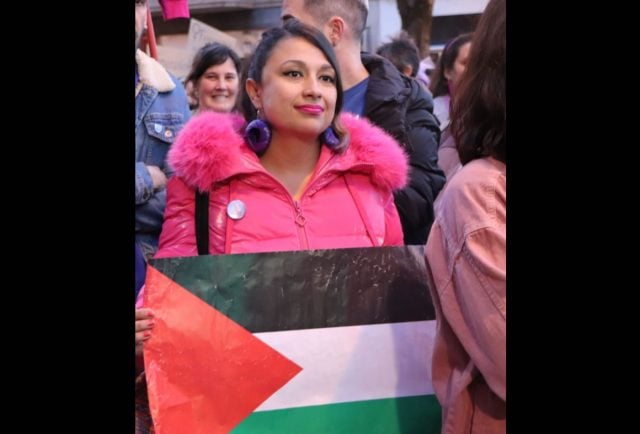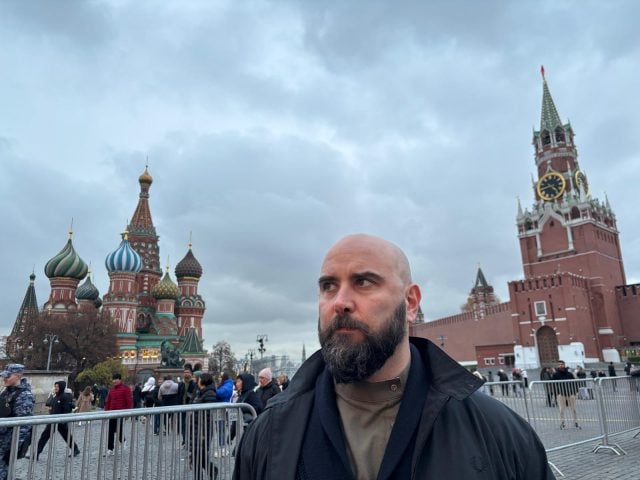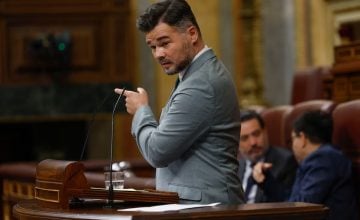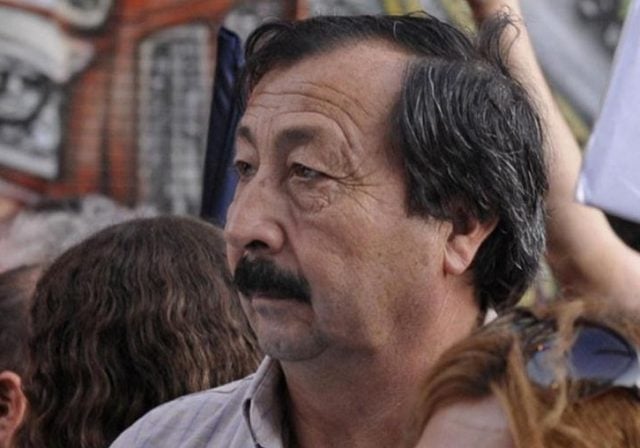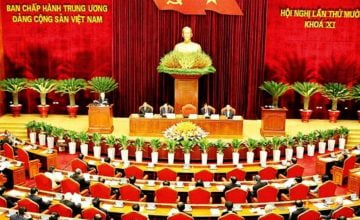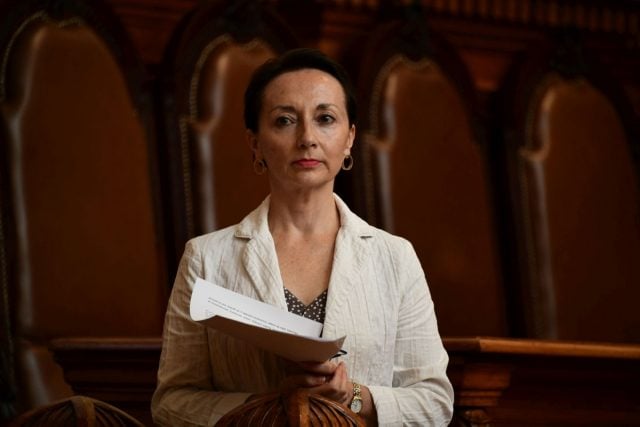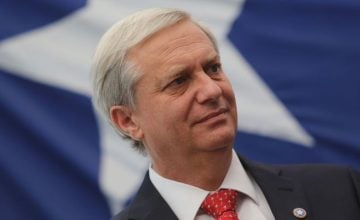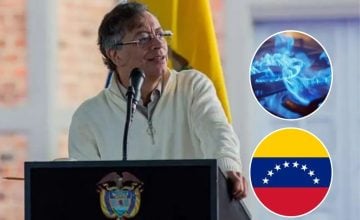Within the Spanish state, the Basque Country remains a notable exception for many reasons. Its long tradition of militancy and resistance—shaped by decades of struggle for independence and solidarity with oppressed peoples around the world—makes it one of the most politically vibrant regions in Spain.
Denis Rogatyuk spoke with Diana Urrea, a member of the Basque left-wing coalition Euskal Herria Bildu, to discuss the latest advances in the fight against neoliberalism across Spain.
Can you give us a snapshot of the political mood in the Basque Country—Euskadi more broadly—in recent months? We haven’t seen much news coverage from there.
Diana Urrea: >Absolutely. I’d start by saying we’re at a pivotal moment for the pro-independence and pro-sovereignty left in Euskal Herria. As you know, I’m part of Euskal Herria Bildu, and it’s a crucial time because, electorally, we are the country’s leading municipal force. Important transformations are being driven from the municipal level—which we see as the most essential arena because it’s the closest link to citizens—and new convergences are taking shape.
We’re studying other international contexts to adopt best practices, and others are looking at how we’re advancing what we consider vital: community-rooted municipalism. By contrast with the broader Spanish state, where polarization and rancor run high, the climate here is different. There are, of course, political disagreements among parties, but they’re handled differently. The overall level of political discourse is markedly higher.
There’s also a serious crisis affecting public services and basic material needs, particularly the right to housing—one of the most pressing concerns for Basque society.
The situation of young people is worrying, too. We have a highly educated youth population with limited opportunities, which is driving emigration to other regions when we could be benefiting from their skills. At the same time, the migrant population has grown significantly in Euskal Herria, which is especially important amid a demographic crisis. The arrival of migrant communities will make a major demographic contribution to this territory, and we also defend the right to migrate as a human right.
We’re receiving migrant populations, and that’s a major priority for us. As a nation without a state within Spain, we face constant friction with the Spanish state because we lack the full tools to welcome people in the conditions we believe are appropriate and to implement the public policies our country needs. For example, Social Security remains under the control of the Spanish state. There are crucial levers we don’t hold, which creates a complex situation and keeps us from fully developing what we envision.
Recently we saw something extraordinary in the Basque Country—especially in Bilbao: a powerful show of solidarity with Palestine during La Vuelta a España. Has that deep sense of solidarity with the Palestinian people always been there?
Diana Urrea: >Yes. I think there’s a very important factor: the Basque people have always been deeply internationalist, with a clear commitment to global citizenship and solidarity among peoples. That internationalist solidarity has been ever-present, and you can see it while you’re here—not only with Palestine but across many other international contexts and oppressed communities, where there’s been a shared struggle for the liberation of peoples. It’s always been part of who we are.
When it comes to Palestine, there has always been a defense of the Palestinian people and a categorical rejection of Israeli Zionism. Now, in the face of such absolute dehumanization—a genocide broadcast on our screens—I believe that if this doesn’t move us as a human community, what will?
Once again, the Basque people have stood up to oppose, in the strongest terms, the fact that agreements such as the EU–Israel Association Agreement remain in place, and that commercial, economic, and military relations continue with a Zionist state intent on erasing a people.
The Palestinian people have been dispossessed of their land and confined to a corner of their own territory, and we Basques refuse to accept that. Beyond our political nuances, there is a broad consensus to deploy every available tool to stop the genocide. We can say with pride that, for example in sports, events have been halted in protest, and across many areas we’re securing meaningful steps forward.
Let’s turn to Latin America. As you know, Chile holds a presidential election this year, with a coalition of left, center-left and moderate forces facing the far right. From Bildu’s perspective, how significant would a victory over fascism in Chile be? You’re also a Latin American comrade.
Diana Urrea: >We actually have a colleague just back from Chile—she traveled with our International Relations team to thoroughly assess the situation on the ground, because as we know, what we see from the outside can differ greatly from internal dynamics.
I sincerely hope that hope defeats fear. We had a small cause for celebration in Buenos Aires the other day, which offers a measure of optimism amid a very adverse moment for Latin America, where a brutally assertive United States imperialism is shaping the present and future of many peoples—and also in Europe, where we’ve seen Bonn and Berlin defer to Washington.
By the way, the European left has called for a motion of censure against Ursula von der Leyen, because what’s happening with U.S. policies—now led by Donald Trump—is absolutely staggering. This is fundamental for Latin America.
What happens in Chile will be an important bellwether for other countries. We know the Boric government has had its highs and lows—shortcomings and goals left unrealized. The constitutional process went through truly dramatic moments. But under no circumstances can we allow the far right to govern—in Chile, in the Spanish state, or anywhere in the world. The anti-fascist vote must absolutely prevail.
Interview by Denis Rogatyuk / El Ciudadano
